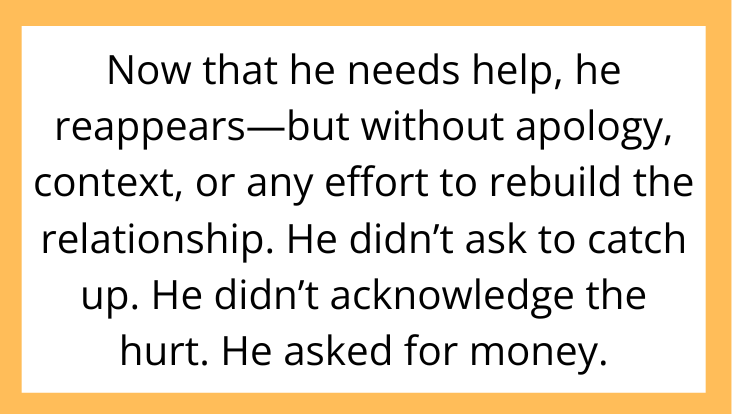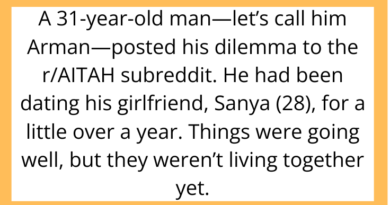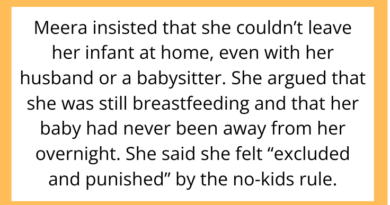AITAH for Refusing to Help My Brother Financially After He Cut Me Off for Years?
Family and finances rarely mix cleanly, and when long-held resentment enters the equation, things can get explosive. In today’s AITAH blogpost, we break down a real-world dilemma that pits loyalty against long-standing emotional wounds. When someone who abandoned you comes asking for help—are you wrong for saying no?
This story is a powerful look at estrangement, emotional labor, and what we owe to the people who share our blood but not our lives.
The Background: Sibling Estrangement and a Sudden Ask
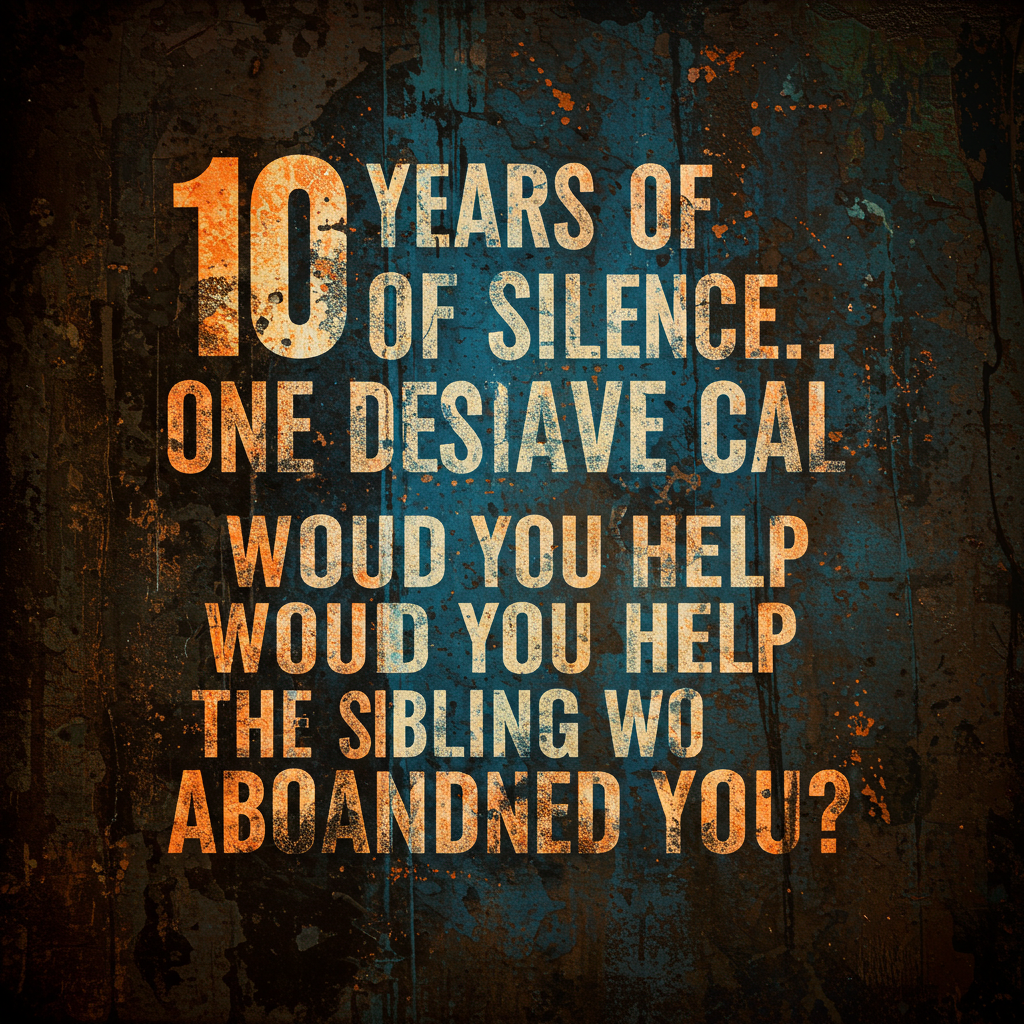
The original post came from a 35-year-old woman—let’s call her Sara—who shared that she hadn’t spoken to her older brother, Imran, in nearly 10 years.
According to Sara, their estrangement wasn’t mutual. Imran distanced himself from her shortly after their father passed away. There was no big fight—just a cold fade-out. He stopped returning calls, didn’t invite her to his wedding, and never reached out during birthdays or holidays.
It hurt. A lot. But eventually, Sara moved on.
Then, out of the blue, Imran called.
His ask? A $7,000 loan to cover emergency home repairs after flooding. He said he remembered that Sara worked in tech and “must be doing pretty well.” He promised to pay her back in six months.
Sara declined.
Now the family is furious.
The Family’s Reaction: Guilt, Pressure, and Accusations

After Sara turned him down, Imran told their mother, who then called Sara in tears.
“She’s your only brother,” she said. “You’re being cold and selfish. This is exactly why he pulled away—because you always make things about you.”
Other relatives began chiming in too—some messaging Sara to “do the right thing,” others asking, “What’s seven grand to someone like you?”
Sara is left feeling angry and confused. Was she being petty? Vindictive? Or was she finally standing up for herself?
The Core Conflict: Emotional History vs. Financial Help

Why Sara Might Feel Justified
It’s not just about the money—it’s about the years of silence. Imran didn’t just drift away; he chose to cut her out of his life, and he did so without explanation. That kind of rejection leaves scars.
Now that he needs help, he reappears—but without apology, context, or any effort to rebuild the relationship. He didn’t ask to catch up. He didn’t acknowledge the hurt. He asked for money.
Sara’s refusal isn’t about greed—it’s about boundaries.
Why the Family Thinks She’s Wrong

In many cultures—especially those that value extended family bonds—helping a sibling in need is seen as non-negotiable. The past is the past, and family is supposed to be forever.
They see Sara’s success as a community resource. Her ability to help means she should help. To them, this is a test of compassion, not a ledger of emotional debt.
Reddit Reacts: Mostly Team Sara
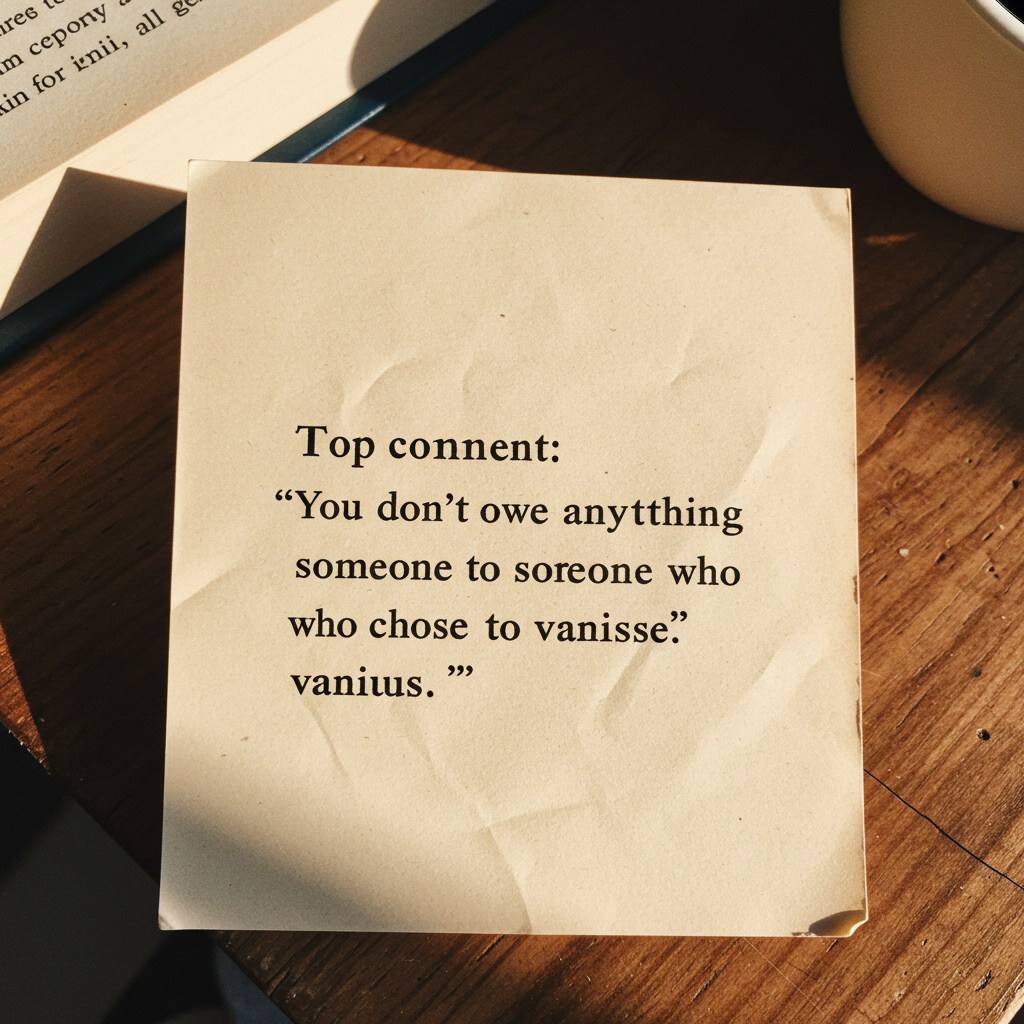
Most Reddit users sided with Sara.
“You’re not an ATM for people who abandoned you,” one top comment read. “His timing isn’t a coincidence. He didn’t want a relationship—he wanted a lifeline.”
Another echoed the sentiment: “You don’t get to ghost someone for a decade and then expect generosity. That’s not how trust works.”
Some commenters did suggest a middle path: offer to help with a smaller amount, or offer assistance with planning, not just cash.
But few believed Sara was the villain.
Digging Deeper: Do We Owe Family Anything?
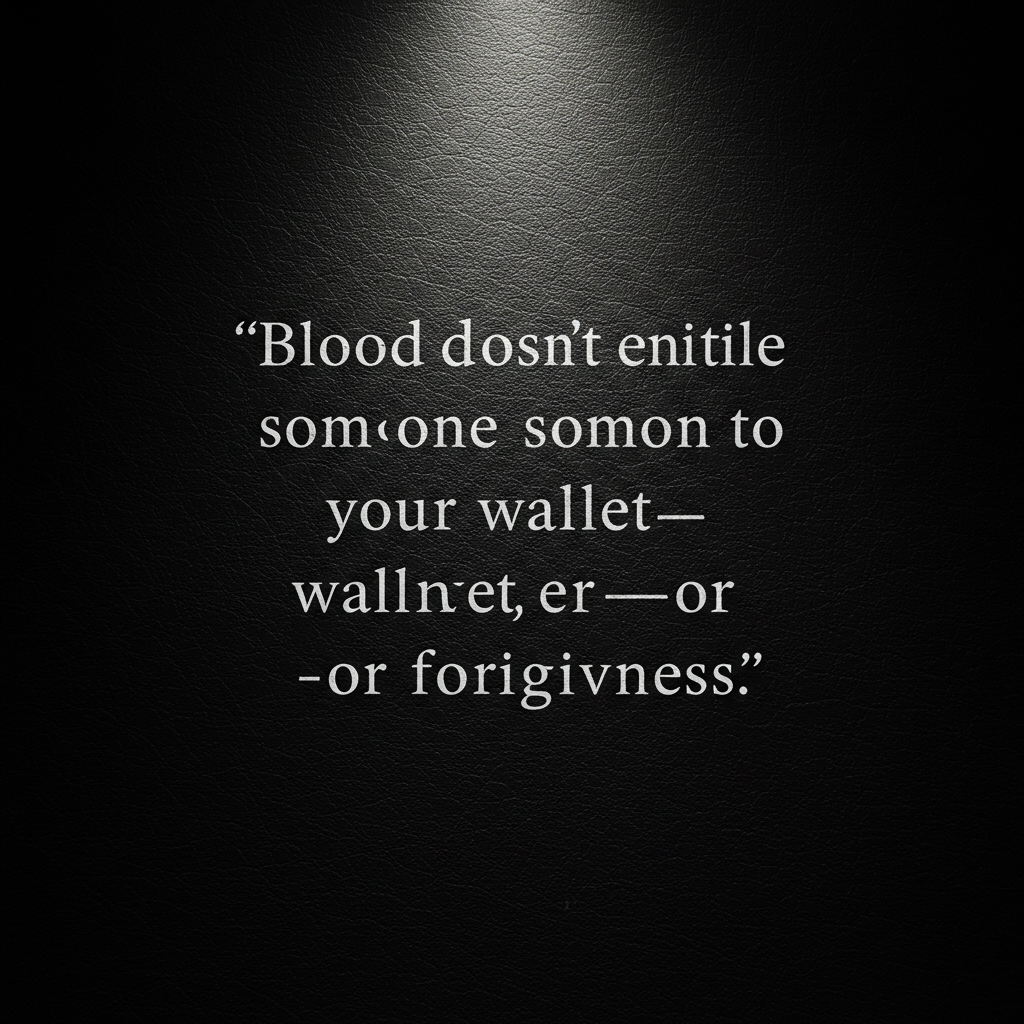
This situation taps into a tough truth: blood doesn’t automatically earn loyalty.
Family members can be toxic, absent, manipulative—or just plain hurtful. And while forgiveness is a powerful thing, it can’t be demanded. Especially when the person asking for grace hasn’t done the work to heal the damage.
Sara’s story shows us that healing doesn’t always mean reconciliation—and boundaries are valid, even if other people don’t understand them.
What Could Be Done Differently?
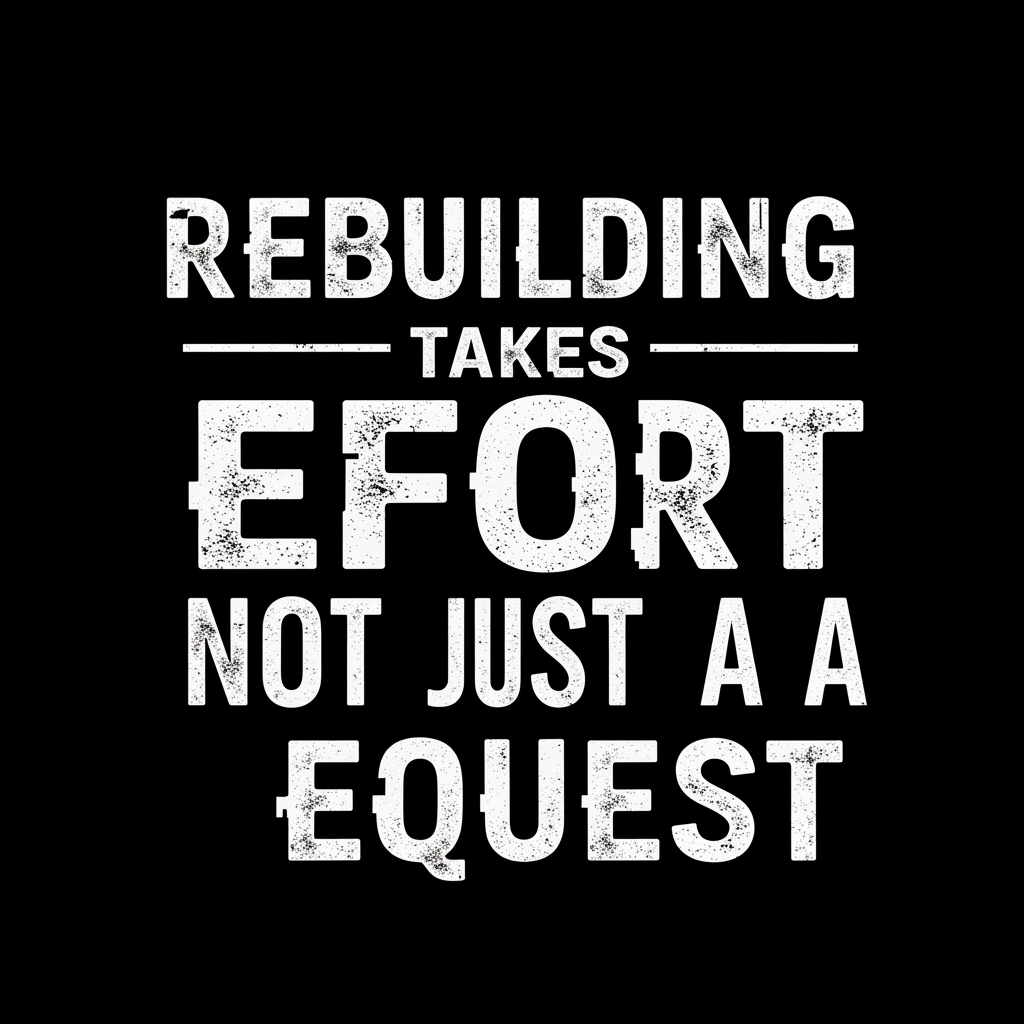
If You’re in Sara’s Shoes:
-
Don’t feel guilty for setting financial and emotional boundaries.
-
It’s okay to offer non-financial support—recommend resources or offer advice if you feel comfortable.
-
If you want to rebuild the relationship, ask for conversation first, not money.
If You’re in Imran’s Shoes:
-
Lead with accountability, not expectation.
-
Acknowledge the time lost and the pain caused.
-
Understand that help isn’t owed—it has to be earned through trust and honesty.
Final Verdict: Not the Villain

Sara’s refusal wasn’t cruel—it was honest. It came from a place of self-respect, not spite. Rebuilding broken relationships takes time, vulnerability, and mutual effort—not sudden demands when desperation strikes.
Imran didn’t reach out to reconnect. He reached out to collect. And that distinction matters.
